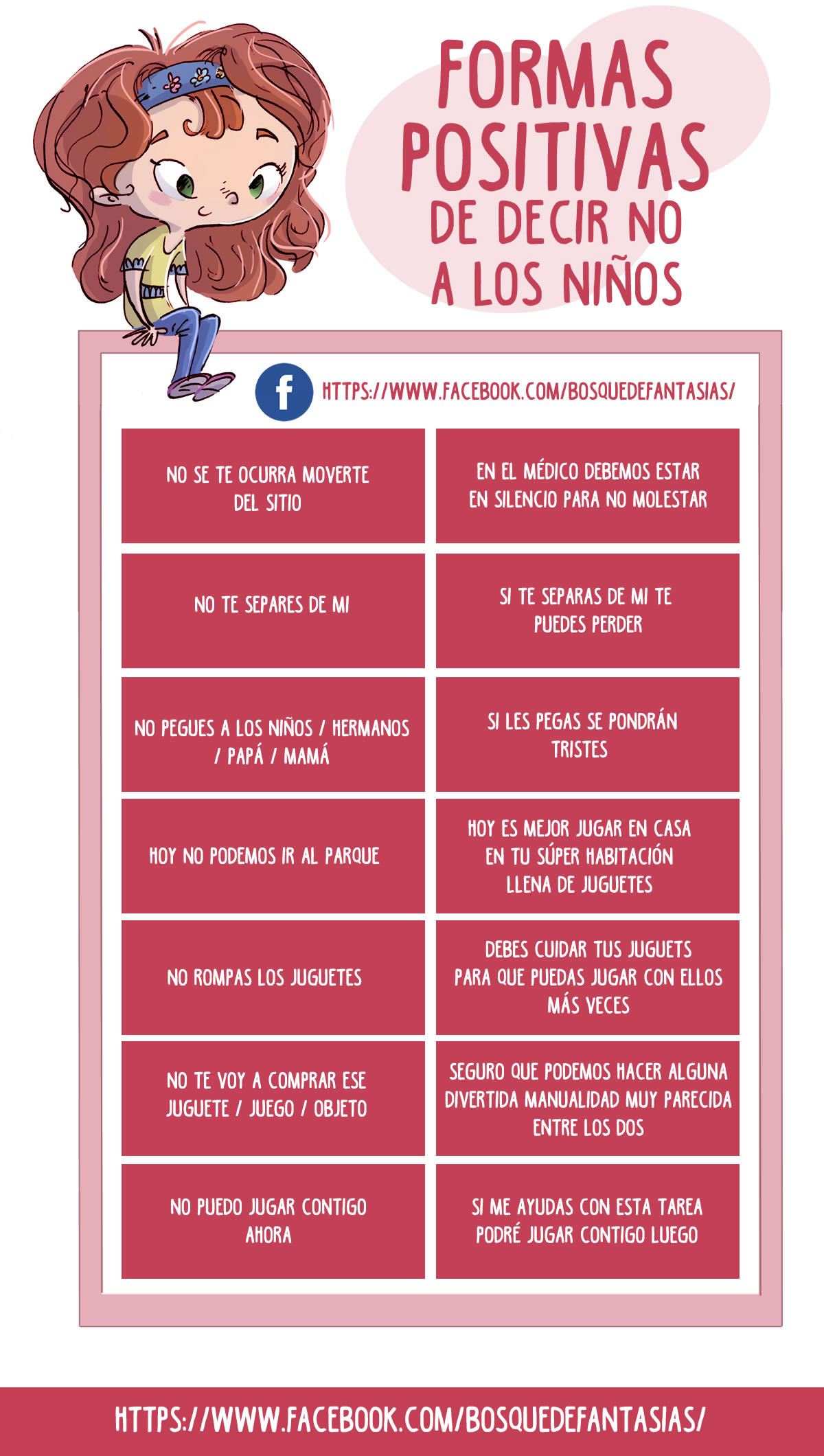One of the first words children learn when they begin to speak is the dreaded NO . They will say father or mother indistinctly at first, but the reality is that they will not take too long to say the word no.
Of course, repeating the terms of mom and dad so that they learn and outline them as soon as possible is one of the illusions that every parent, especially newcomers, has. But the truth is that we do not realize how we repeat others almost with the same frequency, ignoring that, sooner or later, they will also repeat them. And NO is a good example of it.
The reality is that the word “no” is very often on the lips of us parents, and we should reflect on its use in early childhood . This will prevent the little ones from using this term as one of their favorite words during their language development and, more importantly, from developing poor and negative behaviors that disable them as independent and assertive beings.
(adsbygoogle = window.adsbygoogle || []).push({});
How to end this stage
One of the most effective ways to end this stage of repetition, rebellion and / or negativity, is to focus on the YES when speaking and addressing children. In these early stages of childhood, the little ones have not yet developed the capacity for reasoning, which means that hearing their parents say no at every moment will only be something fun for them. This makes children have little or no awareness that the behaviors that we reprimand with this dreaded CANNOT be dangerous for them: approaching the television, touching the buttons on the washing machine, getting dirty, eating the paints, painting in the wall … etc.
Obviously we have to watch out for them to prevent them from hurting themselves, but perhaps if we focused on encouraging yeses instead of no’s , we would avoid many dangerous situations in and of themselves and would focus their attention on what they can do and not on otherwise. Let’s tell them that they CAN paint with their hands; that they CAN get dirty or that if it happens nothing happens; we put electrical protectors and other security measures to anticipate with them to their possible steps; let us remove from their reach everything that we do not want them to pick up or touch inadvertently … in short, it is about preventing certain situations from occurring.
Let us also remember that if a child still does not fully understand that because he touches something with his little hands, it can break … what is the use of scolding him? Younger children need us, as adults, to guide them in their little steps and in the development of their life and their language , and therefore our example is vital at all times.
There will be more than enough time, when they grow up, to educate them about what is good and what is not so good, although observing their parents is always, in most cases, the best possible learning . Here is a beautiful infographic with tips on how to change our phrases:













































































































It is a very good contribution